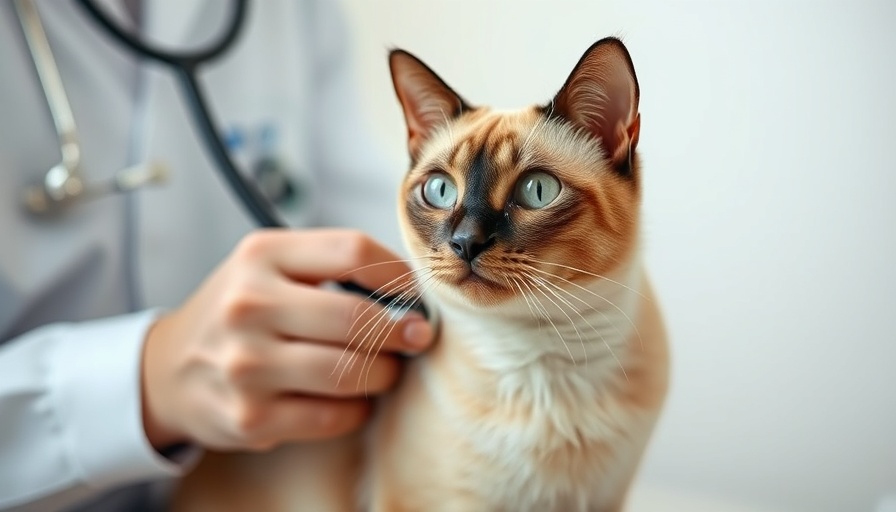
Understanding Cat Stomach Gurgling: Is it Normal?
For many pet owners, the occasional gurgle from a cat's stomach is nothing out of the ordinary. However, the question remains: are all these bubbly noises innocent, or do they hint at underlying health issues? This guide will explore common causes and symptoms associated with gurgling in cats, providing essential information to keep your furry friend happy and healthy.
The Science Behind Those Gurgling Noises
The medical term for the noises produced by a cat's digestive tract is borborygmus. This natural phenomenon occurs when food moves through the digestive system, mixing solid, liquid, and gas particles. Generally, sounds may vary; for example, an empty stomach will produce a growling noise, while a busy digestive tract can emit prolonged gurgles. It's crucial for owners to understand that these sounds can indicate hunger, but if they're occurring frequently or alongside symptoms like vomiting or diarrhea, it might signify something more serious.
Dietary Indiscretion: A Common Cause
One of the most frequent reasons for a gurgling stomach in cats is termed dietary indiscretion. This refers to when pets consume things that don’t agree with them. Outdoor cats, in particular, might scavenge for food or hunt, exposing themselves to harmful substances. While one-off incidents can cause mere indigestion, repeated exposure can disturb the gut's balance of beneficial bacteria, leading to more severe symptoms. Pet owners should monitor their cat's responses to various foods, especially human leftovers, to identify potential food intolerances.
Foreign Bodies: A Serious Concern
Another worrying cause of gurgling sounds is the presence of foreign bodies in the cat's digestive system. These can be anything from toys to fabric a cat may have swallowed. If not addressed swiftly, foreign objects can block the intestines, causing severe pain and potential ruptures. Signs to watch for include lethargy and loss of appetite, along with those troublesome gurgling sounds. Always consult a veterinarian if you suspect your cat has ingested something it shouldn't have.
Behavioral Indicators: When Gurgling Becomes Concerning
As cat owners, recognizing behavioral changes alongside gurgling noises is instrumental in distinguishing between normal digestion and potential health issues. For example, if your cat is more withdrawn, resistant to eating, or displaying signs of distress alongside frequent gurgling, these concerns warrant a visit to the vet. Cats communicate through behaviors, and understanding their body language can help you become proactive in their health care.
Preventative Care: Keeping Your Cat Healthy
Preventative measures can go a long way in ensuring your cat's digestive health. Providing a balanced diet suited for your cat’s specific needs can help mitigate issues related to gurgling. Stay alert to any environmental factors that might provoke dietary indiscretion, and maintain regular vet check-ups to monitor ongoing health. As with any pet care, knowledge is power—being informed about what could cause stomach issues ensures you can act swiftly when something doesn’t seem right.
In conclusion, while the occasional gurgle from your cat may just signal a hungry belly, being aware of associated symptoms and possible causes can help safeguard its health. Regular vet visits and a keen eye on dietary habits will contribute not just to your cat's digestive wellness, but its overall well-being. If you’ve noticed concerning patterns with your feline friend, don’t hesitate—reach out to your veterinarian for guidance and support.
 Add Row
Add Row  Add
Add 




Write A Comment